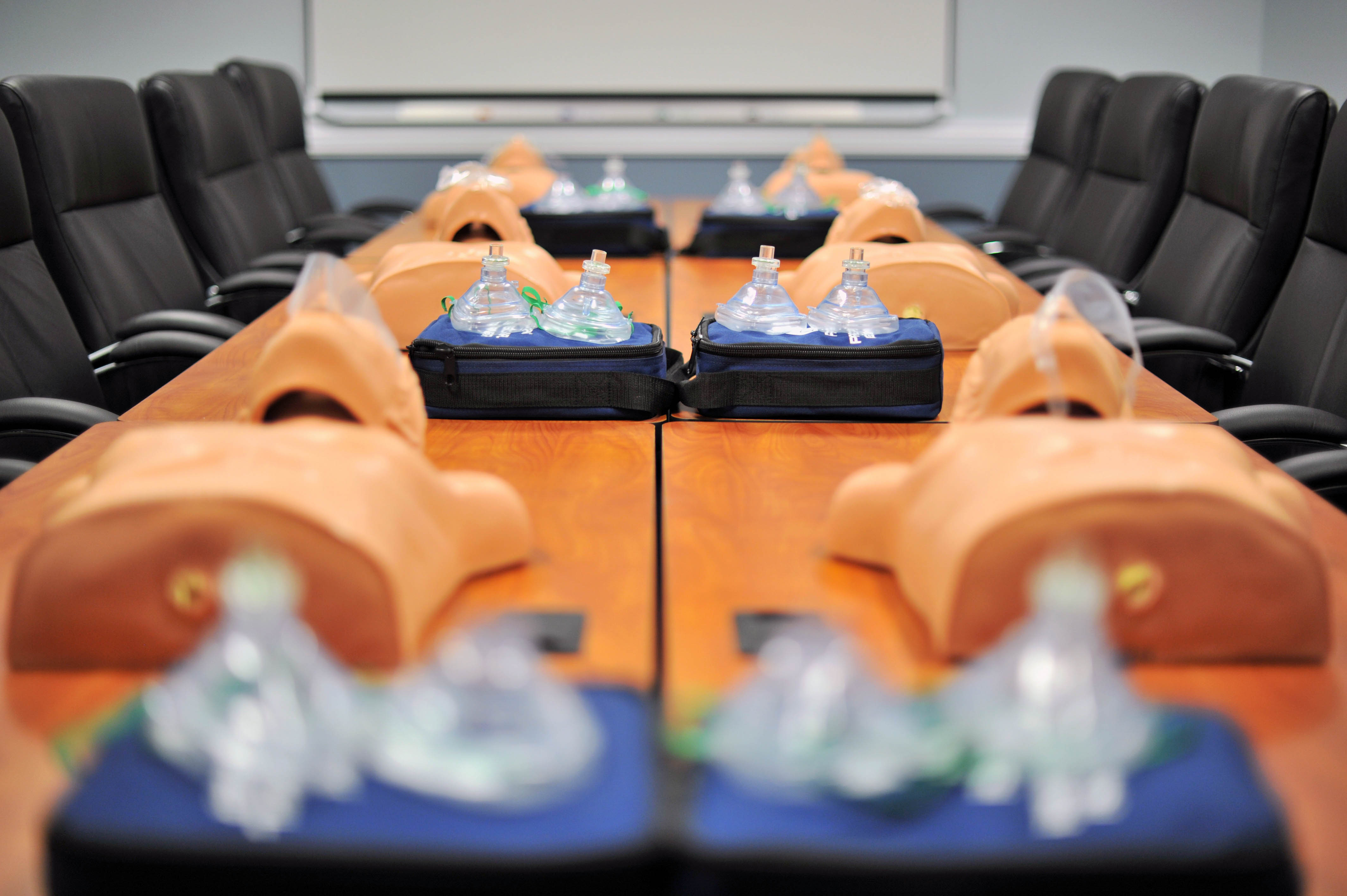Many American college students are questioning the validity of safe spaces, but I feel their questions are misguided.
According to Macmillan Dictionary, a safe space is a space where “everyone can feel comfortable about expressing their identity without fear of discrimination or attack.”
Those that question safe spaces seem to be confused about exactly what this definition means.
Safe spaces are not a place where intolerant students run to when they hear an opinion they don’t like. Rather, safe spaces exist to make sure that marginalized students can have access to a feeling of respect and security that many other students regularly have.
People of color are likely subjected racist behaviors daily, ranging from racial slurs to being stereotyped as violent or unintelligent.
A study featured on PBS found that more than 30 percent of white Americans aged 17 to 34 see black Americans as lazy, and yet the same number of them believe black Americans face little to no discrimination.
Over 50 percent of transgender people report experiencing being verbally harassed in public, according to the National Transgender Discrimination Survey.
Beyond this, several transgender students are expected to use the bathroom they do not identify with, to live with roommates of the wrong gender and are confused with a gender they do not identify with.
In these cases, they are not understood in their classes, or even in their own homes.
Is it that absurd for them to ask for only one space where they can be safe from these type of societal biases — where they can be surrounded by a supporting and understanding community?
Does it make them weak or intolerant to ask for a space where they are seen as valid and real?
For individuals that do not face these regular biases — and sometimes attacks — there is no need for a safe space.
As a gay person who has been diagnosed with Obsessive Compulsive Disorder, I know what it is like to live in a society that you don’t often fit into.
People like myself often find that they are the victims of both intentional and unintentional acts of hate speech and violence. Is it too much to ask that we seek a place where we can escape such acts?
If you are white and do not have to worry about possibly being subjugated to racist comments and hate crimes daily, you may not understand the need for strictly black spaces.
If you are straight and cisgender and do not fear the possibility of being attacked for simply walking down the street with your partner, or for using the restroom, then you may not understand the need for strictly LGBTIQ places.
However, this does not validate you trying to take a space away from us.
I don’t believe people use safe spaces because they are weak, but rather because they are strong. It may be the only place where some people are genuinely understood, in a society that constantly invalidates their existence.
It can be easy to invalidate a need for safe spaces and to not really listen to those that have been through the experiences to need them. This does not, however, erase the experiences that minorities and marginalized groups face everyday.
Perhaps if you feel you don’t need a safe space, it’s because the society you live in is already safe for you.


